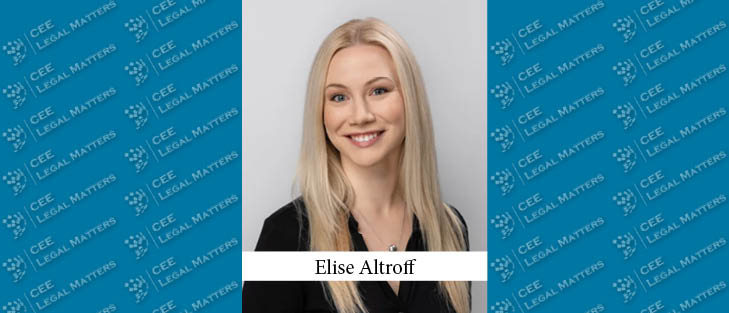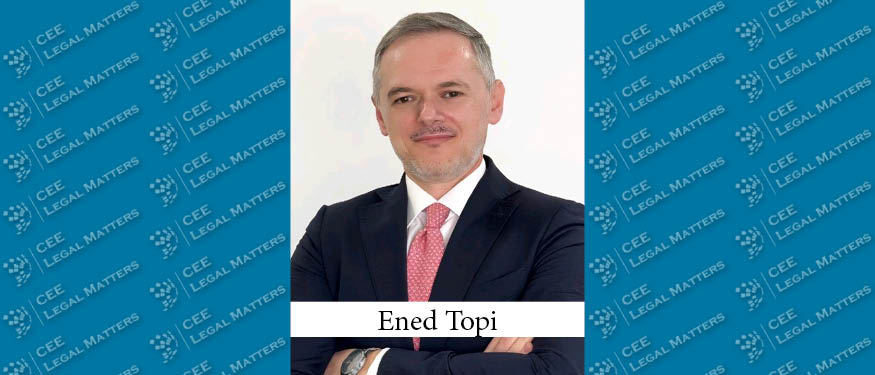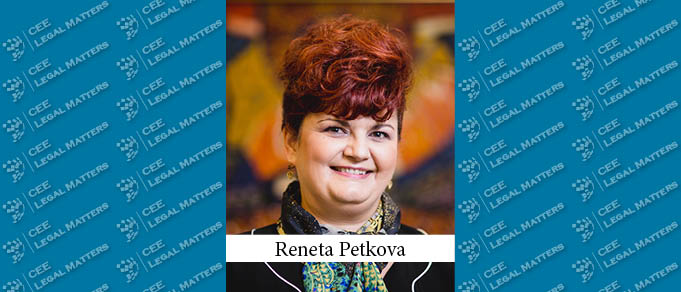People, as individual sources of evidence, are crucial in criminal cases. In more complex cases, even hundreds of people may be interrogated. So it is not uncommon in Widen’s practice to receive a concerned phone call from a client who has been called in for questioning. What to expect in such a case?
First, it is important to distinguish between whether you are being called to testify as a suspect or as a witness, that is, as a person who is likely to know facts relevant to the resolution of the criminal case. If it is unclear in which role the procedure is intended to be conducted, it is important to specify this as your rights and obligations will depend on it.
Giving testimony as a witness
When you are called to give testimony as a witness, you will usually begin by explaining the specific event to which the questioning relates. However, the investigator is not obliged to answer all the questions that may be of interest to you. At this stage, the criminal investigation is still in progress and no information is given to third parties.
It is important to take the investigator’s invite seriously. According to the Code of Criminal Procedure, a witness is obliged to appear at the investigator’s request to give testimony. If you do not have a valid reason for failing to appear, you may be fined or subjected to compelled attendance. Generally, investigators can also give you a rough estimate of how long the procedure may take. Only in exceptional cases is the questioning carried out in written form.
During the questioning, you will be asked specific questions to which you will be expected to give specific answers. The questions may relate to your knowledge of a person or event you witnessed. You may be asked to recall past conversations or to identify someone from pictures; you may also be asked to explain the context of evidence already collected (e.g., e-mails). If you do not know the answer to a question, or if you do not remember a fact, you should answer accordingly – speculation cannot be relied on by investigators or defence lawyers in later proceedings, and inaccurate details can lead to wrong conclusions. Your statements must be true. Perjury is a criminal offence punishable by a fine or up to three years’ imprisonment.
A witness has the right to request a lawyer, but this does not mean that your right to a lawyer is as absolute as that of the suspect. If the witness fails to appear with a suitable representative within two working days of the questioning, the procedure will be carried out without one.
As a witness, you have the right to refuse to testify if doing so could incriminate you or your close relatives. A relative is defined as a person close to you who is your spouse, registered partner, parent, grandparent, child, grandchild, sister, brother, half-sister, half-brother or half-sister, as well as a parent, child or grandchild of your spouse or registered partner. In case law, a close relative can also be, for example, a former spouse.
All your answers will be written down and you will have the opportunity to read them before the end of the procedure. If anything has been taken down incorrectly, or if you feel that the meaning of your statements has been distorted, it is worth informing the investigator and correcting your statements accordingly. Finally, you sign the statement to confirm that it is correct, and this document remains solely at the disposal of the investigator. You will not receive a copy of your statements.
If you suspect that events of interest to the investigator may relate to your or a loved one’s activities and that your statements may incriminate you or your family member, we advise you to consult a lawyer first. If your suspicions are well founded, it may be more advisable to (initially) refuse to testify.
Giving testimony as a suspect
If you are called to testify as a suspect, the situation is much more serious. At the beginning of the procedure, the investigator will inform you of all your rights as a suspect, and your signature will be taken. You will then be shown the content of the suspicion – a description of the behaviour you are suspected of – and an explanation of what the offence is. The investigator is under no obligation to answer your questions about the motives for starting the criminal proceedings or what evidence they have already obtained – you will only be given this information once the criminal proceedings have been fully completed and the case file is made available to your lawyer.
A suspect has the right to:
- know the content of the suspicion and give or refuse to give testimony with regard to the content of the suspicion;
- know that his or her testimony may be used in order to bring charges against him or her;
- the assistance of an interpreter or translator;
- the assistance of a counsel;
- confer with the counsel without the presence of other persons;
- be interrogated and participate in confrontation, comparison of testimony to circumstances and presentation for identification in the presence of a counsel;
- participate in the hearing of an application for an arrest warrant in court;
- submit evidence;
- submit requests and complaints;
- examine the minutes of procedural acts and give statements on the conditions, course, results and minutes of the procedural acts, whereas such statements are recorded in the minutes;
- give consent to the application of settlement proceedings, participate in the negotiations for settlement proceedings, make proposals concerning the type and term of punishment and enter or decline to enter into an agreement concerning settlement proceedings.
As with the witness, the suspect is obligated to appear at the request of the investigating officer. If you do not have a valid reason for failing to appear, you may be fined, subjected to compelled attendance, or declared wanted.
In the case of minor offences, the presence of a lawyer is not mandatory, but if you do decide to give testimony, we recommend that you consult a lawyer before doing so. All your statements will be written down and, once you have read them, you will sign them to confirm their accuracy. Any statement you give may be used against you in subsequent legal proceedings. Although the obligation to give only truthful statements is also explained to the suspect, giving false statements as a suspect is not a criminal offence.
All in all, an invite to questioning can seem daunting, but the act itself is fairly straightforward.
By Elise Altroff, Associate, Widen Legal Estonia

























